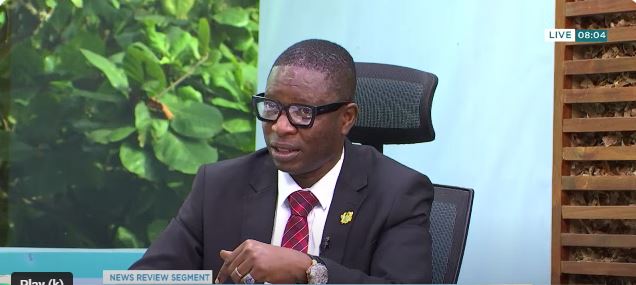Ghana’s transition to a new gold trading regulatory system, spearheaded by the Ghana Gold Board (GoldBod), marks a significant step towards curbing illegal mining activities and maximizing the country’s benefits from its gold resources. The previous system, managed by the Precious Minerals Marketing Company (PMMC), was characterized by a lack of regulation and oversight, creating an environment conducive to the proliferation of illegal mining, locally known as galamsey. The erratic nature of the gold trade under the PMMC allowed individuals to trade gold regardless of its source, making it challenging to distinguish between legally and illegally mined gold. This lack of transparency and accountability fueled the galamsey crisis, as individuals could profit from illegal mining with minimal risk of detection or prosecution. The transition to the GoldBod signifies a move towards a more structured and accountable system, offering hope for a more sustainable and equitable gold mining sector.
The GoldBod’s mandate under the Ghana Gold Board Act (Act 1140) empowers it to regulate, monitor, and license all gold trading activities, particularly within the artisanal and small-scale mining (ASM) sector. This new framework requires all gold traders, regardless of their previous status under the PMMC, to register with the GoldBod. This mandatory registration process will enable authorities to identify and monitor legitimate gold traders, creating a traceable chain of custody for gold. This enhanced transparency will make it significantly more difficult for illegal miners to sell their gold, effectively disrupting the economic incentives driving galamsey. By targeting the demand side of the illegal mining equation, the GoldBod aims to dismantle the market for illegally sourced gold, making it economically unsustainable.
The dissolution of the PMMC and the invalidation of its previously issued licenses represent a decisive break from the past. The GoldBod’s establishment and its accompanying regulatory powers create a new playing field, where only licensed and registered entities can legally trade gold. This structured approach is expected to address the loopholes exploited by illegal miners under the previous system, where the lack of regulation and oversight allowed them to operate with impunity. The shift to a regulated market not only aims to curtail illegal mining but also to ensure that Ghana, as the rightful owner of its mineral wealth, receives its due share of the profits. This new system promises to bring greater transparency and accountability to the gold trade, benefiting both the economy and the environment.
The strategic focus on regulating the demand for gold represents a significant shift in the fight against galamsey. Previously, efforts to combat illegal mining primarily focused on direct enforcement actions against miners, which often proved difficult and ineffective due to the remote and clandestine nature of galamsey operations. By targeting the buyers and traders of gold, the GoldBod aims to cut off the financial lifeline of illegal mining. This approach aims to make it increasingly difficult for illegal miners to sell their gold, thus reducing the economic incentive for engaging in such activities. The emphasis on regulating the demand side complements ongoing efforts to enforce regulations against illegal mining operations directly, creating a more comprehensive and effective strategy.
The environmental implications of galamsey are devastating, with water bodies and forest reserves suffering significant degradation due to the destructive practices associated with illegal mining. The unregulated use of mercury and other harmful chemicals in galamsey operations contaminates water sources, posing serious health risks to communities and harming aquatic life. The clearing of forests for mining activities also contributes to deforestation, loss of biodiversity, and soil erosion. By curtailing the demand for illegally mined gold, the GoldBod’s new regulations aim to protect Ghana’s fragile ecosystems from further damage. The hope is that a reduction in galamsey will allow for the restoration of degraded environments and safeguard the health and well-being of communities impacted by illegal mining.
The transition to the GoldBod represents a crucial step in Ghana’s efforts to formalize and regulate its gold mining sector. This comprehensive approach, targeting both the supply and demand sides of the illegal gold trade, promises to create a more transparent and sustainable industry. The successful implementation of these new regulations will not only reduce illegal mining but also ensure that Ghana derives maximum benefit from its gold resources while protecting its environment. This move demonstrates a commitment to responsible resource management and sustainable development, paving the way for a more equitable and prosperous future for Ghana’s mining sector and the communities that depend on it. The long-term success of this initiative will depend on continued vigilance and enforcement, as well as ongoing collaboration between government agencies, mining companies, and local communities.


